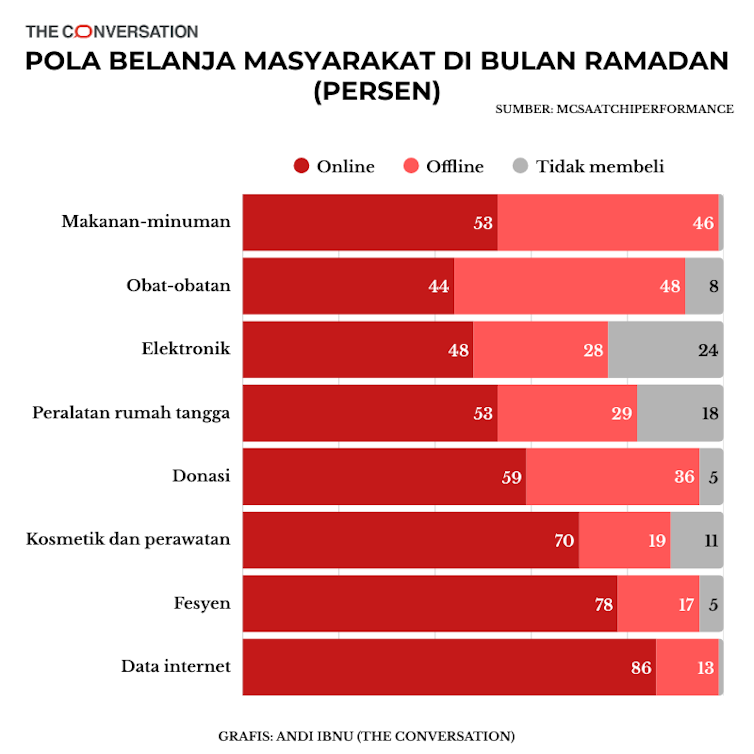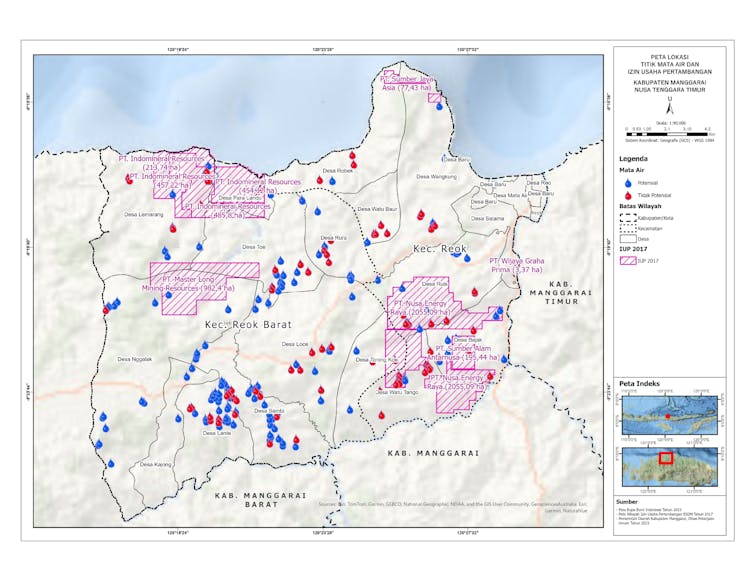From Utility to Smart Tech: Ausko’s Role in Singapore’s Evolving Waste Landscape
- Written by Ausko

A Shift Toward Customised and Scalable Solutions
According to Mr. Andrew Koh, founder of Ausko, the company’s next phase will centre on:
- Advising on product selection based on operational and hygiene requirements.
- Expanding its range of bin types and sizes to meet varying industry needs.
- Offering customised bin designs tailored to specific environments and use cases
“We aim to keep pace with industry shifts and provide solutions that help clients meet both regulatory requirements and day-to-day operational needs,” said Mr. Koh.
A Front-Row Seat to a Changing City
In the early 2000s, the demand for durable, wheeled bins grew in step with Singapore’s construction boom and population growth. Ausko’s early clients included schools, town councils, waste collectors, cleaning companies, and healthcare facilities—sectors that needed small- to large-capacity bins along with basic hygiene infrastructure.
Two decades later, the demand faced today is markedly different. With a shift toward space optimisation, stricter public hygiene standards, and the country’s Green Plan 2030[2], the types of bins needed—and the expectations around them—have changed.
Meeting New Demands with New Tools
To meet these evolving needs, Ausko moved beyond bin distribution and into manufacturing, setting up production facilities across countries in Asia and forming partnerships across Europe. Today, the company supplies a range of options—from recycling bins[3] and dustbins with lids[4] to other hygiene-focused designs tailored for different environments. These newer models incorporate features like fill-level monitoring and cloud-based tracking, which allow users to better plan waste collection routines.
As businesses and municipalities seek to streamline their waste solutions while aligning with sustainability goals, these tools have become increasingly relevant. More broadly, such developments reflect Ausko’s ongoing efforts to adapt to Singapore’s changing urban and environmental needs.
Moving forward, the company aims to continue supporting industries with products and services tailored to evolving operational and regulatory demands.
https://www.auskogroup.com/[5]
Hashtag: #Ausko
The issuer is solely responsible for the content of this announcement.
References
- ^ Media OutReach Newswire (www.media-outreach.com)
- ^ Green Plan 2030 (www.greenplan.gov.sg)
- ^ recycling bins (www.auskogroup.com)
- ^ dustbins with lids (www.auskogroup.com)
- ^ https://www.auskogroup.com/ (www.auskogroup.com)
Authors: Ausko
Read more https://www.media-outreach.com/news/singapore/2025/08/05/400080/





